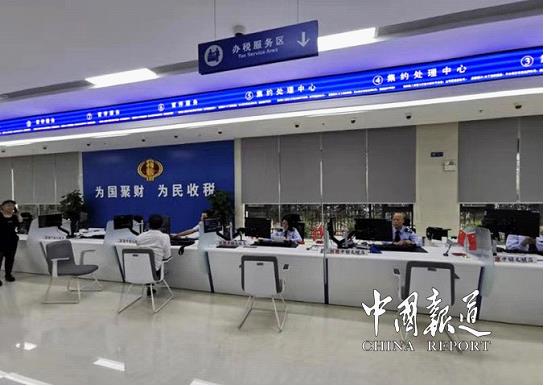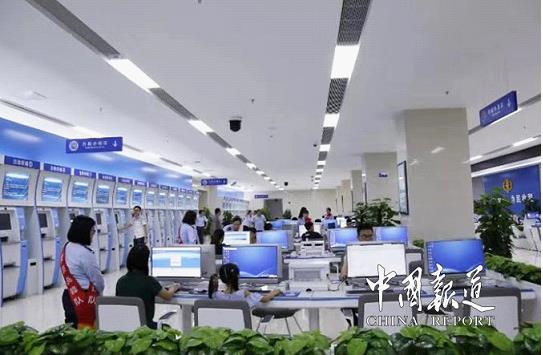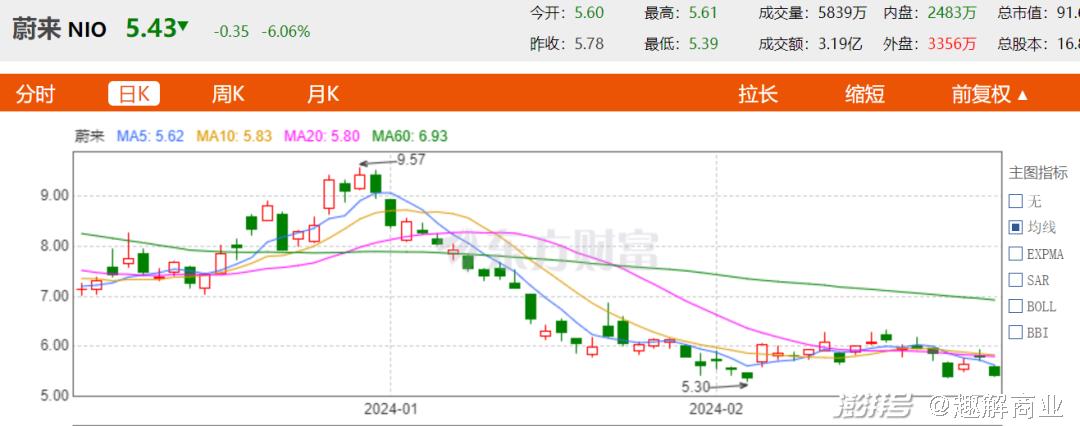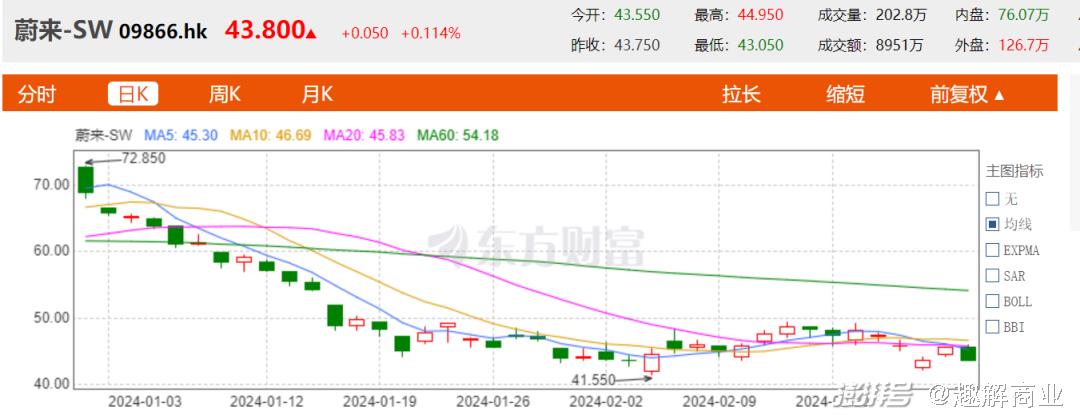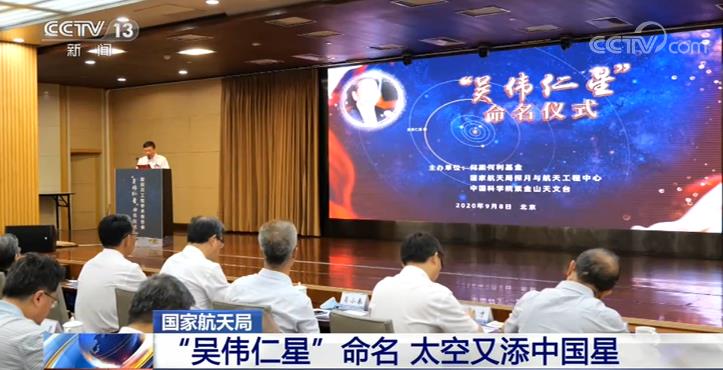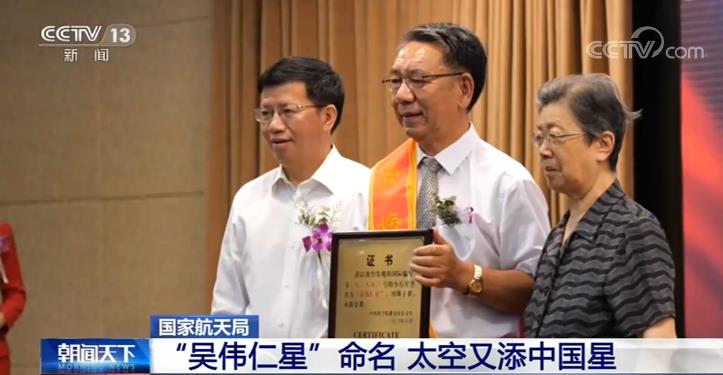The domestic soda brands that triggered the nostalgia trend are back in sight again; low-sugar and sugar-free drinks are sought after by consumers; coconut water has become a hit this year; new tea drinks are constantly up the ante market layout… How is this year’s summer beverage market lively! What are the factors driving these out-of-circle and hot? How are the new changes perceived by consumers happening? What direction will the next beverage market competition focus on?
The traditional peak season for beverage sales has come to an end since October. Looking back at the summer just passed, the beverage products that cooled down the heat can be said to have "been in the limelight", and the sales volume has also increased rapidly. What is more interesting is that there have been many new trends and new trends in the beverage market in the rapid development. The reporter visited a number of market segments, trying to review the gains and losses of this summer’s beverage market.
Nostalgic wind and fire domestic soda
Soda is widely favored by consumers as one of the "tools" to relieve the summer heat. Judging from the consumption of soda this year, although Coca-Cola and Pepsi continue to occupy a strong position, domestic soda is also gradually "breaking the circle". According to Meituan data, as of the end of August, the instant retail sales of major domestic soda brands such as Shanhaiguan, Bawangsi, Second Factory soda, Arctic Ocean, Asian soda, Laoshan soda, Tianfu Cola, Zhengguanghe and so on increased by 47% year-on-year.
Since the early 1990s, imported soda brands have been "top the chart" in the carbonated beverage market for many years, and still maintain a market share of more than 80%. But since last year, some domestic soda brands have found new ways in the cracks, and the starting point of "fate gear rotation" is the expansion of catering channels.
With the vitality of food and beverage consumption this year, the sales of domestic soda have ushered in an upswing period. In restaurants, whether it is eating hot pot or ordering barbecue, a bottle of domestic soda has gradually become the first choice for consumers. Lao Luan, who runs a barbecue shop in Tiexi District, Shenyang City, Liaoning Province, said that the large-packaged glass soda of the Dayao brand is the most popular in the store. At present, the monthly sales volume of several hundred bottles is far higher than that of other traditional brands of soda. Lao Luan believes that affordability is the main reason why large bottles of soda sell well.
There are not only big kilns, but also Bingfeng. As a local soda brand in Shaanxi, Bingfeng soda, Liangpi, and Roujiamo form the "Sanqin Package", which has become a must-have product in restaurants and supermarkets in the streets and alleys of the ancient city of Xi’an.
In addition to focusing on local market demand, domestic soda is also expanding in the national market. As of the end of August, the sales of Asian soda in Guangzhou increased by 41% year-on-year outside the province; the sales of Laoshan soda from Qingdao increased by 39% year-on-year outside the province; the sales of Hongbaolai soda from the northeast in the Beijing market have been on par with the local market, with a year-on-year growth rate of 131%.
The second factory soda from Wuhan held two press conferences during this year’s peak sales season. The first one focused on the local market, and the second one looked at the national market from the Beijing area. The relevant person in charge of the second factory soda told reporters that there is a great demand for domestic soda in the market. The second factory soda achieved sales of more than 20 million yuan in July and more than 30 million yuan in August this year. "Consumers like to add fruit juice, which has both high quality and cost-effective products," the person in charge said.
Although domestic soda has begun to "break the circle", it still needs to climb over the hurdle in order to achieve better development. Industry insiders pointed out that compared with imported brands, domestic soda has limited funds, making it difficult to support the continuous promotion of brands and channels. As consumers iteratively update, domestic soda brands still need to seek new breakthroughs in corporate management and product quality.
Sugar-free tea is in the limelight
Compared with the domestic soda that is still seeking breakthroughs, the sugar-free tea market that has been quiet for many years has ushered in explosive growth due to the trend of "sugar reduction".
Before the reporter’s visit, the last bottle of sugar-free Pu’er tea in the freezer was bought by customers. "Customers of all ages can buy sugar-free tea drinks," Mr. Zhang said. "The Pu’er tea flavors have been sold out, and there are still two bottles of jasmine tea flavors left, which can only be replenished tomorrow." Wang Yu, a consumer who keeps sugar-free drinks in his home fridge, summed up the reason for choosing sugar-free drinks as "I am afraid of being fat and want to drink some tasty water".
As consumers become increasingly health-conscious and demand for healthy consumption grows rapidly, "sugar reduction" is gradually becoming the consensus in the global food consumer market. Changing consumer attitudes towards sugar intake are affecting the position of sugar-free beverages in the beverage market from the bottom up. In the beverage market, various products are also being designed to switch from high sugar to low sugar and no sugar.
According to iiMedia consulting data, from 2015 to 2022, the market size of China’s sugar-free beverage industry will increase year by year, from 2.26 billion yuan to 19.96 billion yuan, and it is expected to reach 61.56 billion yuan in 2025. Especially sugar-free tea products are becoming a new trend in the sugar-free beverage market. Taking Nongfu Spring as an example, its revenue in the first half of 2023 was 20.462 billion yuan and profit was 5.775 billion yuan. Its tea beverage segment revenue reached 5.286 billion yuan, an increase of 59.8% year-on-year.
"The sugar-free tea track still has huge room for imagination. At the same time, it also shows from the side that the Chinese beverage market has recovered well and is accelerating its development." The reporter found in the interview that this has become the consensus of many industry insiders.
Looking back at the development of sugar-free tea, as early as 2004, the "King of Tea" brand under the unified subsidiary tried to test the sugar-free tea beverage market, and then a number of beverage giants including Coca-Cola, Nongfu Spring, Master Kong and others also entered this field one after another. But at that time, consumers preferred sugar-sweetened tea drinks mixed with sweet and fruity flavors, and the marketing activities of sugar-free tea products were difficult. Today’s popular "Oriental Leaf" has been ridiculed by netizens as "one of the five worst drinks" for a long time.
After years of waiting, sugar-free tea has finally ushered in the development of "Dongfeng". The sugar-free tea product itself is in line with the tea drinking habits of domestic consumers, and the characteristics of zero sugar and zero fat make it more acceptable to consumers.
In order to keep up with consumer demand, this year, major brands have also entered the sugar-free tea market, including Yuan Qi Sen Lin, Master Kong, Dongpeng, Yili, Panpan and other brands have launched new sugar-free tea series one after another. In addition to those "old acquaintances" in the beverage market, the sugar-free tea market has also attracted many new players. Taking the JD.com platform as an example, you can see that a number of new brands such as Tea, Tea, Rising Sun Forest, Dayido, Linlong Tea Room, and Keyang have entered the market.
In the opinion of Qian Junjie, a commodity development expert at Dingdong Maicai, healthy and natural products have become the leading consumer in the beverage market, and this demand is rapidly being transmitted from first-tier cities to second- and third-tier cities. He told reporters that the average annual sales growth rate of sugar-free tea on the Dingdong platform is around 50%, and this data is expected to exceed 100% this year.
The new tea drink continues to be "rolled in".
Zhao Zhiqiang, from Hebei, has spent a month scouting the market in Tianjin to join a new tea brand that has recently become very popular. Before speaking to reporters, he had just missed a store in a shopping mall in Tianjin. "I went to check the location in the morning, but I didn’t expect to be told to rent it out in the afternoon." Zhao Zhiqiang said that the deposit for joining the brand has now been paid, but the specific store location has to be found by yourself. In the process of looking for a shop, Zhao Zhiqiang found that there are more and more new tea stores now. It is not easy to find a shop with the right location, flow of people and price.
According to the "2023 New Tea Drinks Research Report" released by the China Chain Store Association and Meituan, as of August 31, the total number of new tea stores in operation was about 515,000, an increase of more than 36% from the 378,000 at the end of 2020.
"Not only top brands, but also waist brands are opening up faster," Wang Hongtao, executive deputy secretary-general of the China Chain Store Association, told reporters. On the one hand, the recovery in consumption has brought an increase in demand, giving investors more confidence to participate in the new tea industry. On the other hand, brand companies have begun to adjust their business models and gradually open up franchise to promote the improvement of brand stores.
At the end of last year, HEYTEA, the head brand of new tea drinks, announced the opening of franchise. According to media reports, the number of HEYTEA stores quickly reached 2,000 in the next six months, an increase far exceeding the total number of stores opened in the past few years. Not only HEYTEA, but more and more new tea brands have announced store opening plans during the year, and some brands have directly pointed to the "10,000 Store Plan".
In early August, Bawang Chaji, a tea brand founded in the southwest region, announced that it began to enter shopping malls in the urban area of Beijing. According to the information released by the brand, from August 4th to 6th, the store sold a total of 11,230 orders, totaling more than 200,000 cups of milk tea.
In addition to competing for the number of stores, tea brands also "roll in" prices. The "2023 Beverage Industry Spring and Summer 1000 + New Product Analysis Report" shows that from March to June this year, Meituan takeaway new product quantity price belt distribution, 13 yuan to 17 yuan accounted for 30%, followed by 17 yuan to 20 yuan accounted for 21%. It can be seen from the data that consumers are more sensitive to price, and cost-effective products will gradually become the mainstream of the market.
At the end of August, Nayuki launched the "9.9 yuan drink fresh milk tea" activity, sounding the horn of a new round of price war for new tea drinks. After that, many brands followed suit one after another, and different brands’ products went from a weekly limited 9.9 yuan product, "rolled in" to a daily 9.9 yuan product.
From the number of stores to the price of the products, what makes the new tea market so "involution"? According to the big data of Red Food, from 2015 to 2021, the market size of our country’s freshly made tea drinks increased from 42.20 billion yuan to 141.90 billion yuan, and the market size in 2022 was 142.30 billion yuan, an increase of only 0.3% compared with 2021. The slowdown in market size has exacerbated the intensity of "involution" among brands.
At the financing level, capital has become relatively cautious about the entry of the tea track. According to the big data of the red meal, a total of 30 financing events were disclosed in the tea category in 2021, and the total amount of financing disclosed exceeded 12.50 billion yuan. In 2022, a total of 26 financing events were disclosed in the tea track, and the total amount of financing disclosed exceeded 4.50 billion yuan.
Some industry insiders pointed out that after Nayuki went public in Hong Kong, the "second share of new tea drinks" has attracted much attention. In the past year, a number of new tea brands have been rumored to go public one after another. In the context of slowing down the overall financing of the market and fierce competition, especially in the lower-tier market, it is particularly important to seize this opportunity. In this process, it is even more important to rely on opening stores, reducing prices and other methods to rapidly expand scale and acquire more stock markets.
Wang Hongtao also admitted that once a new tea company goes public, it will have a positive impact on improving its own development level and enhancing its ability to resist risks. At the same time, it will also increase trust and influence when expanding its scale.
Coconut water and other popular products
As one of the fastest-growing segments in the food industry, there are a lot of new categories and flavors in the beverage market this year. This summer’s beverage market has been on fire, and the "coconut wind" blowing from the coffee market is a typical example.
In early 2021, Luckin Coffee launched the "raw coconut latte" product, which replaced the milk in the latte coffee with coconut milk, and the unique taste quickly became popular. Since then, "coconut flavor" has become one of the popular flavors in the beverage market. The reporter’s investigation found that this year, there are not only coconut milk with added coconut meat, original coconut water, thick coconut milk suitable for milk tea, but also functional drinks with added coconut water and coconut-flavored fruit and vegetable juice.
Among the many "coconut flavor" products, coconut water products can be described as a fire. The "2022 China Beverage Industry Product Report" shows that the frequency of coconut use ranks first among the 40 tea brands sampled, 108 times more than the second-ranked strawberry; in the statistical sample, 92.5% of the brands have new coconut element products. Moreover, the domestic coconut water market has risen from 513 million yuan in 2018 to 780 million yuan in 2022, and it is expected to exceed 1 billion yuan in 2025.
In Qian Junjie’s view, the natural properties of coconut water itself not only meet the healthy consumption needs of consumers, but also close to the consumption trend of "no sugar".
According to media reports, the price of coconut water on the market varies, and the price of 330ml and 350ml coconut water is between 7 yuan and 15 yuan. Reporters checked the Tmall platform and found that the top 3 coconut water products are all originated in Thailand. Among them, the highest-selling product 12 bottles (350ml) sold for 78.9 yuan, showing that the sales volume has exceeded 400,000 bottles.
Food industry analyst Zhu Danpeng said that after nearly five years of market cultivation, the coconut water category has entered a state of booming production and sales, and the consumption scene has entered an all-round diversification cycle. From the perspective of growth space, the entire coconut water category is relatively optimistic, and the coconut water category is worth looking forward to as consumption upgrades.
The reporter noticed that, unlike coconut milk and coconut milk, coconut water raw materials are mainly coconut green. Some time ago, the topic of "coconut water prices skyrocketed by 4000%" was hot, and the important reason was that coconut green raw materials were in short supply, and old coconut water, which was originally a leftover material, was also purchased, causing prices to rise.
In addition, at present, the overall output of coconut in our country is still unable to meet market demand, coconut water is highly dependent on external sources, and different regions also have an impact on the flavor of coconut water products. How to improve the layout of the coconut water industry chain is crucial to maintaining product quality and stable development of the industry.
Packaged drinking water seeks differentiation
China Beverage Industry Association data show that the output of packaged drinking water in 2022 is about 93 million tons, accounting for half of the entire beverage market output. Operating income returned to 100 billion yuan, and the rigid demand attribute of packaged drinking water became more and more obvious. In the beverage market, the large volume of packaged drinking water also showed the characteristics of price and scale competition this year.
In terms of price, the average price of 550ml bottled water has risen from 1.66 yuan in 2005 to 2.32 yuan in 2020, indicating that the mainstream price band has been in the late stage of switching from 1 yuan to 2 yuan. Looking to the future, 2 yuan water is expected to remain the mainstream price range, "neck and neck" with 3 yuan water.
The reporter visited and found that the price competition in the market of purified water and natural water of 1 yuan to 2 yuan is particularly fierce. On the JD.com platform, the same is about 550ml for 24 bottles, the price of Nongfu Spring is 33.9 yuan, Yibao is 34.9 yuan, Wahaha is 33.6 yuan, and Master Kong is priced at 24.9 yuan. Different products can also enjoy different price-break discounts. On the Wumart platform, the price of 12 bottles of the same content of ice dew, pure Yue, pure water music and other products is in the range of 7 yuan to 9 yuan.
Some FMCG industry insiders told reporters that at present, 1 yuan water in the market is mainly for distribution products, emphasizing market share and basically pure water. 2 yuan water and 3 yuan water are represented by natural water and mineral water products respectively.
According to the "2022 Mineral Water Consumption Trend Annual Report" released by JD.com Supermarket, natural water accounted for the highest proportion in the bottled water category in 2022, followed by mineral water accounting for 34%. It is worth noting that the sales growth rate of mineral water is 43% year-on-year, higher than that of other bottled water categories. Natural mineral water emphasizes that the origin is pollution-free, rich in minerals, trace elements, etc., to meet the rising demand for healthy consumption today, and is quickly becoming a new focus of bottled water competition. The reporter learned that more and more companies are beginning to label the origin of water injection on natural mineral water products to strengthen their own image. For example, "Luofu Mountains", "Changbai Mountain Water Source", "6000-meter Kunlun Mountain", "Tianchang Wetland Reserve" have become the promotional content of the brand.
In Zhu Danpeng’s view, enterprises to develop high-end water market, on the one hand, because of the normalization of consumption upgrade, high-end water demand continues to increase. On the other hand, because the competition needs to form differentiation, the development of high-end water market helps to improve brand perception and operating profits.
There is also large packaged water that continues to maintain a hot topic this year. It has become an important force for major water companies to expand their market volume and explore new growth curves. Some analysts believe that with the fixed household population and the gradual diversification of drinking water scenarios, large packaged drinking water has more advantages in safety and convenience than turnover bottled water. Sullivan data predicts that the compound annual growth rate of large packaged water in household scenarios will reach 17.5% in the next five years, and the compound annual growth rate in office consumption scenarios will reach 10%. This will help large packaged water to have a stable and strong growth momentum in the future and usher in better development. (China Economic Net reporter, Han Xiao)



































